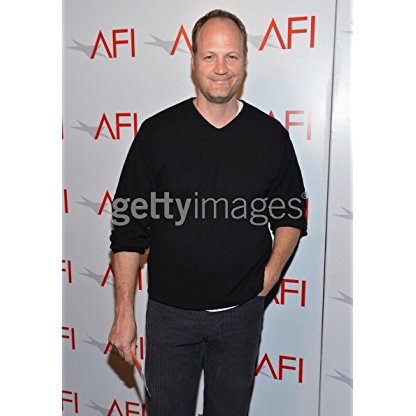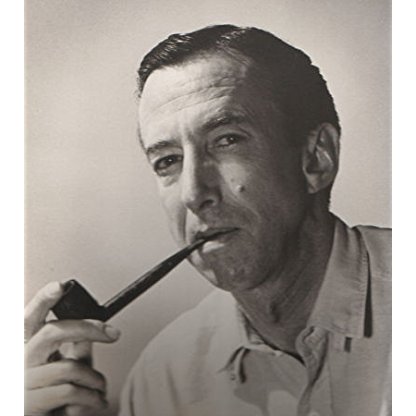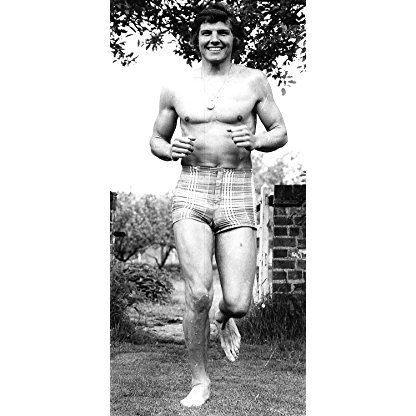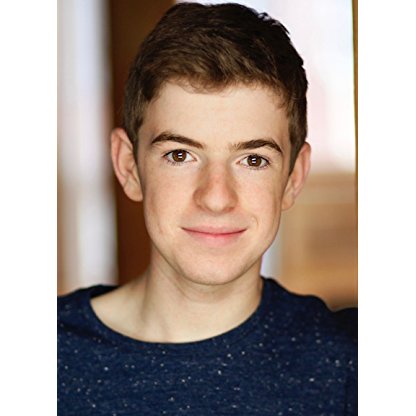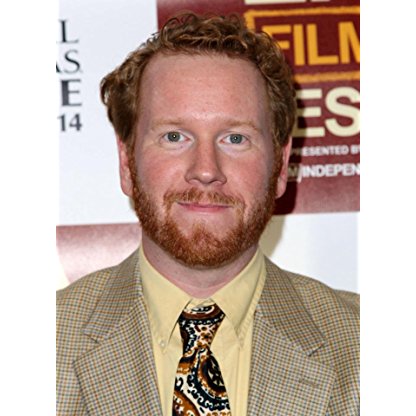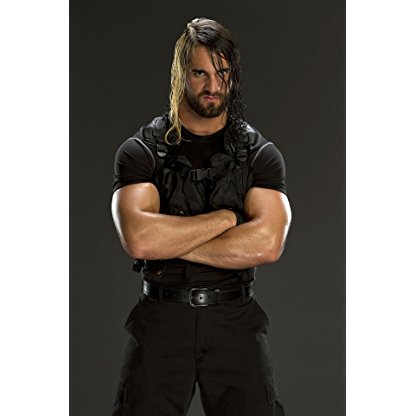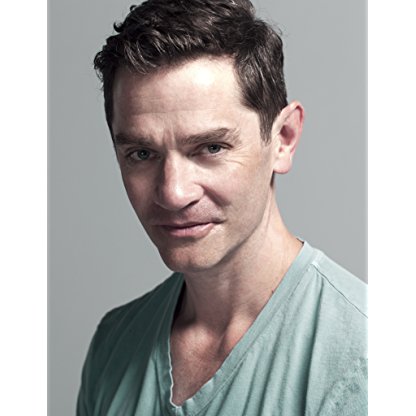On September 22, 1930, Harold Huberman became Harold Huber, for a Broadway adaption of A Farewell to Arms. This first acting job lasted a month. He also appeared in the Broadway productions The Assassin (1945), Merry-Go-Round (1932), Two Seconds (1931), and First Night (1930) before landing roles in some Warner Bros. films shot on location in New York. His face was scarred in an amateur fencing match, adding to his signature character image as heavies.
